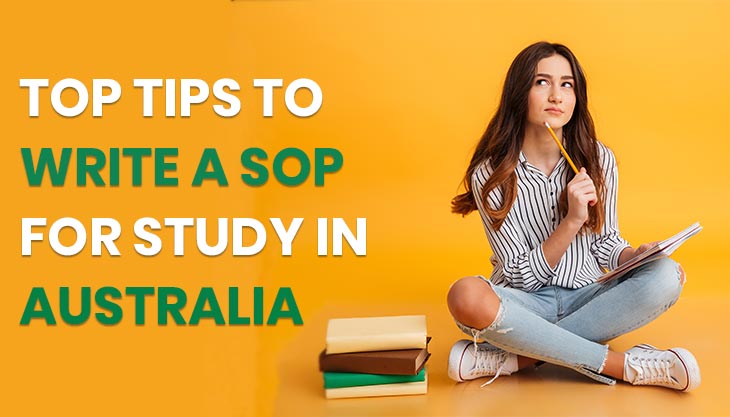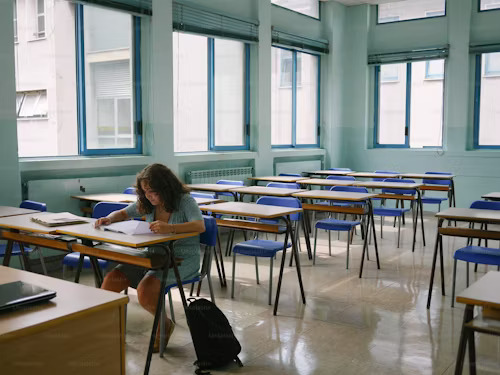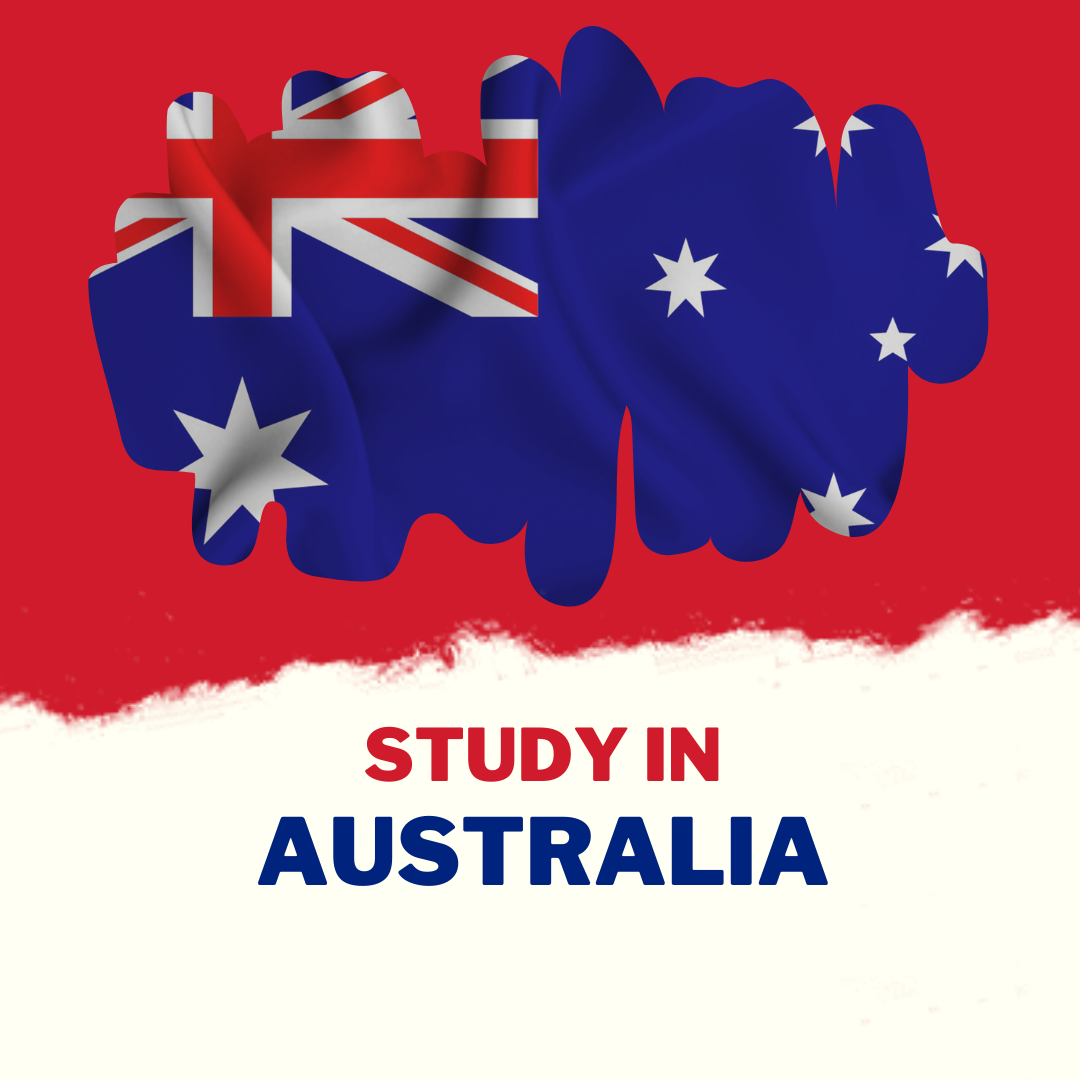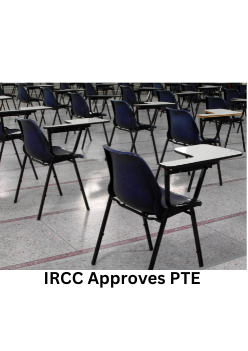INTRODUCTION
For any student aspiring to study in Australia, writing the Statement of Purpose is one of the most essential tasks to be completed – and one that can often appear rather daunting. However, while it certainly is the former, it need not be the latter! Knowing what and how to write, and giving yourself plenty of time for preparation, are the key to writing an excellent ‘SOP’.
You need to be completely prepared and not leave out anything essential. To ensure that you write a comprehensive yet authentic SOP for your desired university you will receive step – by step assistance by the Overseas Education Counselling team who have put together a number of guidelines to help you plan and write your SOP effectively. Following this, your SOP will be checked and edited until a final draft is ready you can apply without worries.
Before you begin
…keep in mind the objective behind the SOP.
As per the Australian Government’s Simplified Student Visa Framework, international students must submit a Statement of Purpose along with their student visa application.
The SOP is meant to satisfy the Genuine Temporary Entrant (GTE) requirements. It will indicate that you intend to stay in the country temporarily, strictly for the purpose of gaining a quality education – or in other words, that you are a genuine student. It will also be an indicator of the candidate’s academic strengths and potential, and ability to take on the rigours of the indicated programme.
What to write?
The following points are based on the categories of information demanded as per the GTE requirements.
These points are meant to provide indication of – your ties to your home country that indicate your intention to return; your reasons for choosing to pursue your education in Australia, rather than your home country; your level of awareness of the details of the university and programme; and that you have carefully considered your decisions, with respect to your future career plans.
Carefully plan your answers to each of these. You can write them down, organise them, and perhaps run them by a trusted advisor.
1. Personal Background
Including information about
- your family in your home country
- whether you have a spouse and/or any dependents, whether you intend to have them accompany you to Australia, and that you are aware of the extra costs involved
- whether you have family currently residing in Australia and their visa status
- You will also have to provide information about your economic status, including: family income, family employment details, assets (such as investments, property, vehicles etc.) and liabilities (mortgages etc.).
2. Academic and Employment Background
Including information about
- your latest qualification(s)
- your latest/current employment details
- accounting for any gaps in your academic/employment history
3. Reason for choosing particular university and programme
Your answers will have to indicate the research you did in reaching this decision.
- Why did you choose to enrol in this university?
- Which other universities did you consider/apply to? What was the outcome of those applications?
- Why have you chosen this particular programme?
- How does it relate to your previous study? If does not relate, why have you chosen to change?
- What is its relevance to your future career/education plans?
- Are you aware of the course structure and tuition fees?
4. Reason for choosing Australia
Again, your answers will have to indicate the research you did in reaching this decision.
- Which other countries did you consider? Why did you select Australia?
- If your chosen programme could be studied in your home country, why are you choosing to study in Australia? How will it benefit you and your future career plans?
5. Living arrangements in Australia
You will have to provide information regarding where you intend to stay during the course of your studies. This is especially the case, if you intend to stay with any family members currently residing in Australia.
6. Future plans
Including information about
- employment opportunities already available in your home country and how your programme will qualify you for the same
- how you intend to look for employment upon returning to your home country
- if you intend to take the Graduate route allowing you to stay back in Australia temporarily to work – in which case, are you aware of your visa options and the rules and regulations of the same?
Any claims made in the SOP will have to be supported by the relevant documentation, including transcripts and certificates, proof of employment, bank statements and income tax documents etc.
How to write?
Owing to the importance of the information that will be contained in your SOP, the quality of the writing matters.
Keep the following tips in mind, before and during the writing process:
1. Your writing must be crisp and clear. Sentences should not exceed 25-30 words. Keep things simple and to-the-point, in order to get your message across successfully.
2. Good spelling and grammar are a must. Getting a reliable teacher or counsellor to review your writing is a good idea.
3. Maintain a simple, logical structure:
- Divide your essay into sections – each section can correspond to each of the points mentioned above.
- Use headings to label each section.
- Sub-divide each section into short paragraphs – each paragraph should deal with one main idea. Begin each paragraph with a clear statement, elucidating the main idea.
4. Be specific: avoid the use of generic statements, or copying information from websites or brochures. Your writing must be specific to your experience, and should carry sufficient details, especially when writing about your choice of university/programme.
While these points will help you to develop your Statement of Purpose, the Hurray Overseas Education Counselling team is equipped to help ensure that your SOP meets all the necessary requirements. To discuss all your Study Abroad needs, book your one-on-one session with us now – reach out to us via email overseaseducation@hurrayedutech.com, or call us on 8971357928 for more details











Post Comments